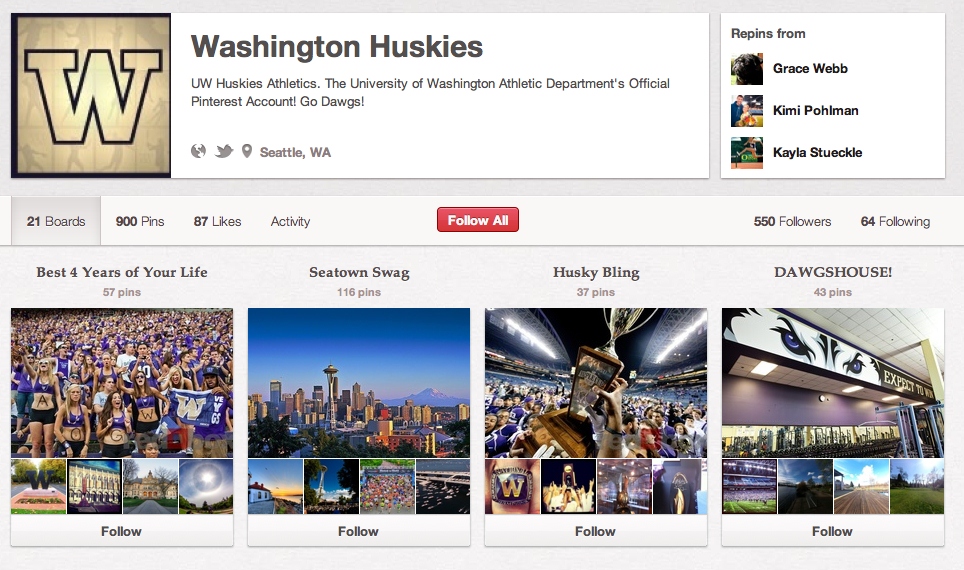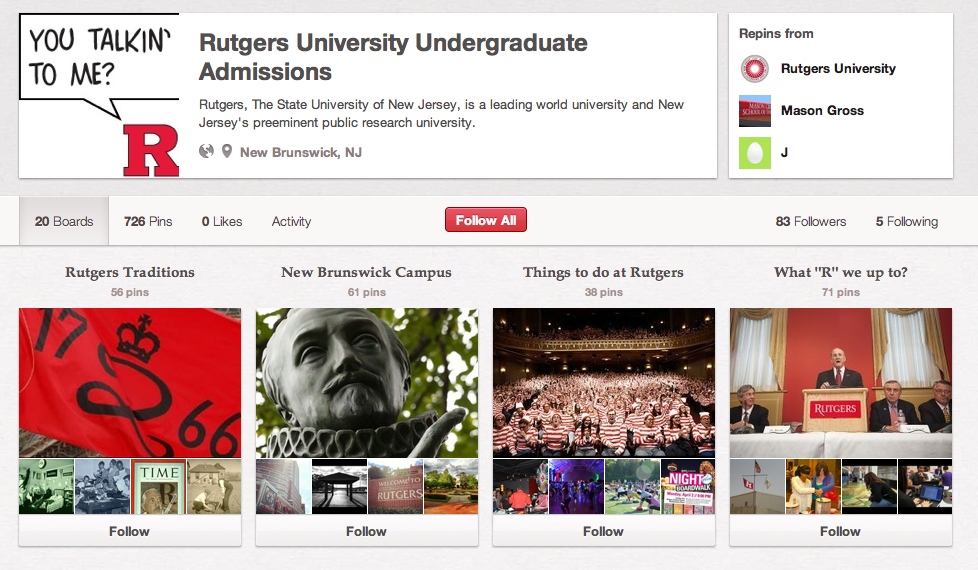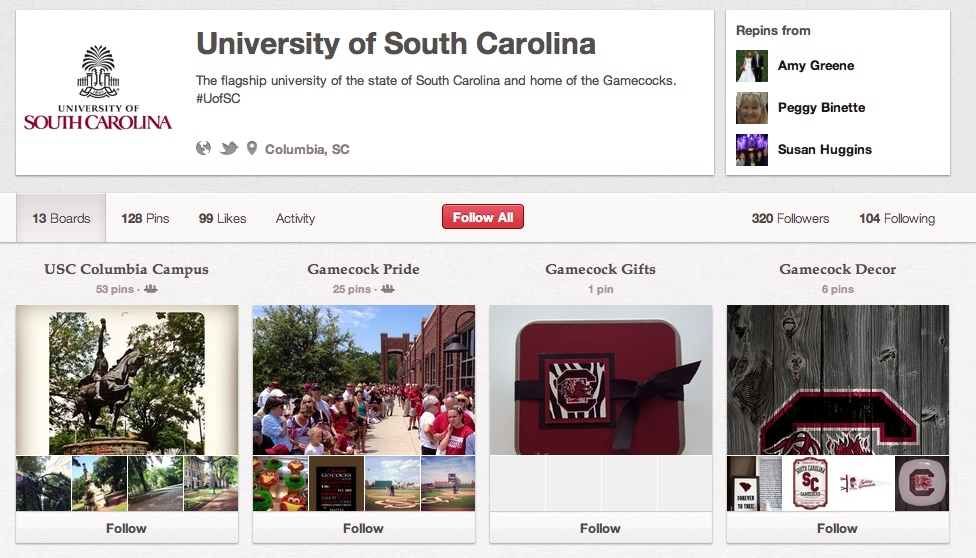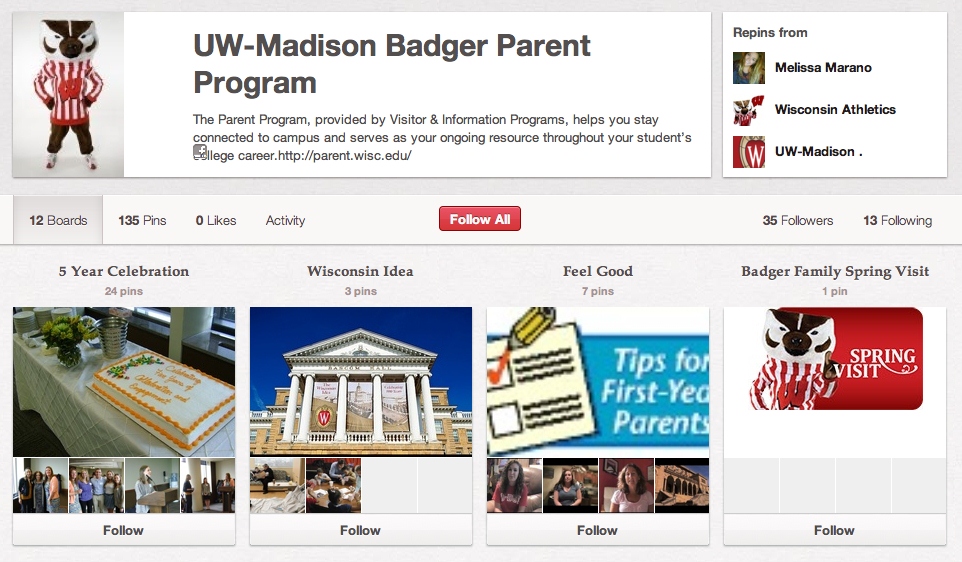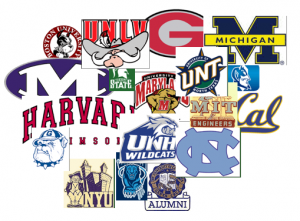From a parent’s perspective, when I come across a college application “help” I look at it differently than most. I have several criteria I use to judge it’s effectiveness, but I came across a site the other day that made me question something more–is it ethically appropriate? My mind is always open to new ways to ease the complicated college admissions process, so I spent a few days reading about the site (on the site itself) to form my own opinion. I haven’t viewed any biased coverage from the colleges, or the College Board. I just spent some time thinking about whether or not, I, as a parent, would encourage my student to use the service.
According to the website, WeGotIn.net, their concept is simple:
Welcome to WeGotIn.Net where you will find copies of actual, accepted applications to Harvard, Yale, Penn, Cornell, Columbia and Brown. These applications contain the entire response to each question. They contain the college application essay as well as the answers to the often difficult short questions that are asked. They are NOT edited in any way (other than the removal of names, addresses, birth dates and social security numbers). Each of them was given to us in 2010 or 2011 directly by the student who submitted it, was accepted and is now a student at the college.
At first look it seems like a beneficial service. It provides students with “samples” of other college applications (helping them see what is expected of them when they complete their own applications). It targets highly selective colleges that are often on students “dream” list.
But is this ethical, or even fair? Is this another form of cheating? Do students really have to resort to this to get into these Ivy League colleges?
Here’s another more obvious question–with all the other colleges available to choose from, why would students even need to resort to this tactic? If competition is so fierce that you have to look at other accepted student’s applications to obtain admission why would you want to attend?
There are thousands of colleges in the United States, not to mention Canada and overseas that offer admission to students without having to stack the deck by viewing other accepted applications. And here’s another question: what are you teaching your student if you encourage them to use this service? It is so much more than a tool; it’s like cheating on a test. It’s like paying to see other tests in a class instead of studying for yourself.
What are we teaching our students if they use this service?
- Take shortcuts and you’ll be successful.
- If your own work isn’t good enough, use someone else’s work instead.
- Achieving success sometimes means that you have to use any method possible to get it.
- It’s not cheating if it gives you added insight into something you can’t do for yourself.
In an effort to defer the criticism they have received, WeGotIn.net is giving all their profits to the scholarship funds of the Ivy League colleges. Good for them. They also say their method is more effective than admissions coaching:
…instead of listening to someone else’s opinion, however well informed they may be, of what they think the committee is looking for. There are a lot of opinions as to what makes a good application – the only thing that really matters is what actually results in an acceptance letter.
I especially love that last line: the only thing that really matters is what actually results in an acceptance letter. I disagree. The only thing that really matters is that your student finds the school that “wants” them and that they completed the admissions process with integrity and honesty. Getting accepted to an Ivy League college isn’t the be all and end all of success.
As always, I welcome any comments, discussion or debate about this topic. I would love to hear from other parents and students.
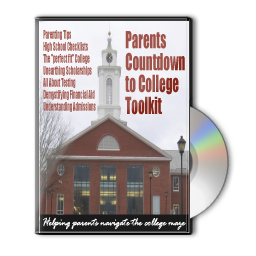


 Remember when your now teenager came up to you as a toddler and said they wanted to be a doctor when they grew up? We smiled and said, “that’s great sweety” and knew that years down the road their interests would change. But what if it didn’t change? What if your college-bound teen still wants to pursue a career in health care? How do you help them find the career and right education path that best suits their personality and career goals?
Remember when your now teenager came up to you as a toddler and said they wanted to be a doctor when they grew up? We smiled and said, “that’s great sweety” and knew that years down the road their interests would change. But what if it didn’t change? What if your college-bound teen still wants to pursue a career in health care? How do you help them find the career and right education path that best suits their personality and career goals?
